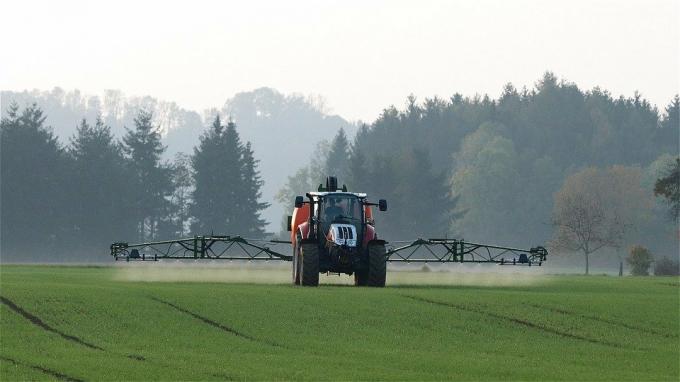We are all clear of the existence of inequalities in some very unfair cases in the distribution of wealth Worldwide.
This issue has always been under scrutiny and numerous debates have arisen in this regard, as the concern of the different sectors of society, around this problem, which must go beyond promises in the campaign electoral.
Advertisements
From any point of view or edge that is appreciated, the unbalanced distribution of the wealth is unfair, especially for the part less benefited in the distribution, because while there are very rich people, who enjoy great economic benefits and comforts when it comes to meet their needs, in the world there are also a large number of very poor people without the possibility of meeting their basic needs including food and living place.
In this article you will find:
What is wealth distribution?
It can be defined wealth distribution such as the way in which the total product produced by a country is distributed between workers and employers. This distribution is determined by the economic policies implemented by the State, which influence the decisions taken by companies and the behavior adopted by citizens.
Advertisements
The transfer of wealth happens from one person to another and occurs through social elements such as taxes, social welfare, charity, public services, subsidies, monetary policies and legal actions to repair damages to third parties, among others.
Normally the term refers to economic redistribution in a broad context, and the transfer of those who have the most to those who have the least.
Advertisements
In view of this, the data provided in numerous studies for the first decade of the 20th century is grotesque, because to think that more than 43% of the world's wealth was concentrated in 1% of the population is difficult to accept, as well as very unfair.

Advertisements
Factors that affect the distribution of wealth
There are three factors that can influence the distribution of wealth or income or wealth in any country:
The state:
It is the factor that has the most influence on said distribution, since it is the state that determines the economic policies to be followed, there are rules that regulate and prioritize productive investment, It also intervenes in the establishment of minimum wages, regulates income taxes and their distribution, favors the national production by imposing obstacles on the importation of locally produced goods or services, regulates the prices of the basket basic, etc.
Advertisements
The companies:
These economic entities have a certain autonomy, based on this they can make decisions that affect the wealth distribution, such as profit percentages, type of production carried out, the use of cheap or quality raw material, among others.
However, this autonomous capacity has limits imposed and set by the State, an example of this is the policies that support the fixing of wages or the tax pressure that hinders the reinvestment process for companies productive.
Homes:
As consumption units, they can make decisions or attitudes that affect said distribution, especially when it is not consumed consciously and there is a tendency to spend more than what is earned, generating debt and sometimes the lack of liquidity leads us to be below the rate average.
The state can also influence the orientation of household consumption, for example, with regulatory measures of profits that would be seen in prices that are more accessible to the consumer.
Based on the points above, it is observed that the distribution can be:
- According to the way in which each means of production intervenes in the national production process.
In view of the fact that each means of production makes a certain contribution to the production process, this contribution determines the form of distribution of wealth, For example, since capital is more important than nature and labor, the owners of this capital will obtain a greater percentage of the rent.
In this sense, the level of inequality will depend on the difference in the contribution, since each medium makes its contribution in a different way.
- According to the government structure and the economic system used.
In a capitalist economy, the distribution of wealth is based on competition, demand and supply. The importance that each means of production achieves will be key in obtaining your income. In a socialist economy, the state directs wealth and is distributed according to its purposes.
How is wealth distributed?
In general general lines, the wealth distribution at the end of the production process it is awarded as follows:
To the nature
He is the one who contributes the natural resources and the rent of the land corresponds to him as a rental payment.
To work
Human resource who contributes his creative effort in the creation of goods, the salary corresponds to him.
To capital
Assets that support the creation of new products, corresponds to an interest that allows the progressive increase of capital.
The state
It is the guardian body of the entire process, it corresponds to certain contributions and taxes.
The company
Economic entity that is in charge of coordinating, organizing and directing all productive activities, for which a profit or benefit corresponds to it.
Conclution
Finally, it is worth noting that the way in which the wealth of a country is distributed influences social factors such as well-being, standard of living, and health. It can also affect new investments or reinvestment, the production of new goods and / or services, savings and consumption.
We must be aware that despite the passing of the years, civilizations advance and they approach progress, wealth of the world is still controlled by a minority of people, while the rest of the world population occupies a role of simple pieces in a puzzle, which fit perfectly, only facilitate that minority the possibility of staying in their position privileged.


